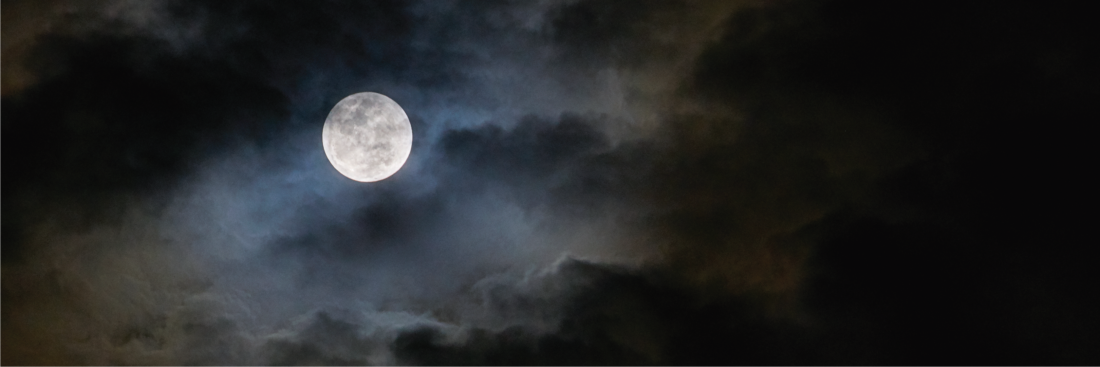Ceci n’est pas la lune

We shouldn’t let the fact that we don’t know what to do with our life stand in the way of experiencing it.
And what stands in that way is more often than not ourselves, or you, as in your I, the I that tries to figure things out. Thinking is great it helps us to find a supermarket, solve sudoku and crash the stock market. It also creates hope, expectations, dreams, speculation, ideas and imagination, much of which have laid the ground for some amazing inventions, artwork and discoveries. I don’t knock thinking but before we praise it as the ultimate cognitive asset we have perhaps we should look at what the mind is. I am not a neuroscientist and so I have very little information about the brain, the mind and how it works but this is kind of part of my point. As I know very little of it, if I am going to discuss what it is I can only speak of what I do know about it. I know my mind process information. Information comes from perceptions via experiences and their impressions on my consciousness. I cannot process information I do not have. So, if I am looking for answers to questions that I don’t have the information about, the mind is not the place to process those questions. It’s kind of like going to the cinema to get your car washed, what you’re looking for isn’t there but you can be well entertained if you chose to hang around. To answer the questions we don’t have the information for we must gather new experiences. In short, if I do not know what to do with my life I am apparently missing some vital information and if I want that information the best place to look for it is outside of my mind.
Now, we should make it clear that information does not equal knowledge. Everything that happens in our mind is still just an idea and something that we fabricate in our more or less rational way. So, information processed in our mind is nothing but the story we weave together from select pieces of information in a way that we see fit best based on our intellect and reason. It is not truth nor is it the full version of our experience, it is filtered and the filter that we run this information through has a name, it is called ignorance.
—————————————————————————————————————
Ignorance, the word itself comes from the Greek word “gnosis” which means “to know”. Ironically enough when we add the little “I” in front of the gnosis we negate its meaning and end up with ignorance: not knowing. So in English it really is the I that stands in the way of knowledge. Now, as mentioned before to know is not the same as being informed. You can be Nobel Prize winning scientist and still be ignorant, as a matter of fact many probably are if we look at what it means to know, really know, outside the mind. The opposite to ignorance is awareness and awareness does not occur in the mind, it might be processed there but it is not where it first appears. It is pure consciousness and awareness that lead to knowledge and makes up the ore or raw material so to speak from which we mine our thoughts and ideas.
As sentient beings we are subjects to impressions, these days probably more so than ever before in human history. Impressions are just what the word suggests: impacts, dents made on our consciousness. Dents might sound like a negative word as it suggests some kind of deformation on a supposedly polished surface but that is kind of what they do unless we deal with them. The frequent hail storms of impressions we have coming at us from right, left and ether transform our shiny surface into a roughened up hunk of scrap pretty quick. The most common self defense against these impressions is that we start to adapt, shake off and suppress that which we do not wish to be affected by. It works, we just shut down, or i g n o r e them, so that we don’t have to cope with the dents and let them disrupt our busy life. The fine print in the manual of ignorance though is that when we shut down our reception for feelings of regret, sorrow, aversion, confusion and shame we also shut down our receptors for joy, gratitude, appreciation and love. The result is that we go around feeling nothing, a numbness that veils our every experience. Unfortunately in the long run this kind of defense mechanism leads to a state of depression which can’t be solved by a mind where every thought is draped in a monotone straight jacket of pointlessness.
—————————————————————————————————————
I did say that ignorance was a swamp that we’d have to deal with if we wanted to get a greater perspective on things and perhaps this rant has shed a bit of light as to why that is.
When we do not know we more often turn to our own mind in search for answers instead of looking for them in the source of the experience itself. Read this carefully: the answer is not in the experience, the experience is the answer. But we don’t get there by knowing this in our mind, we get there by being there with our senses with the director’s commentary muted. It is one of the toughest pattern to break, again because we believe we already have such a good idea of who we are who is the one experiencing, even those of us who don’t have a good idea of who they are have a good idea of being someone who doesn’t. By putting the I in front of the experience we immediately start to describe it to ourselves rather than just being with it, sorrow, joy or excitement or remorse. Remember, the language you use to describe what you feel is made up in your mind, it’s a filtration a representation and not the real thing. The feeling just is, regardless what words you want to dress it in. The same way an apple will still exist even if you would start to call it a humfbump or nothing at all. To know, to not be ignorant is to see things for what they really are and to be able to remain equanimous towards them. That is not only observing but being with it without judgement or labels. It takes practice but it is a practice worth pursuing as the alternative is that monotone straight jacket. So the question is not “what is it?” or “why is it?”. The question is “How does it feel?” And the answer is not a 2200 character rant about observations of my own ignorance, the answer is again, the experience of being with how it feels, aware and honest at the very heart of information. If you then can’t come to see things from a different perspective, try again.
Your comments, questions, protests and expressions received with gratitude, curiosity, patience and impressions accordingly.



Sorry, the comment form is closed at this time.